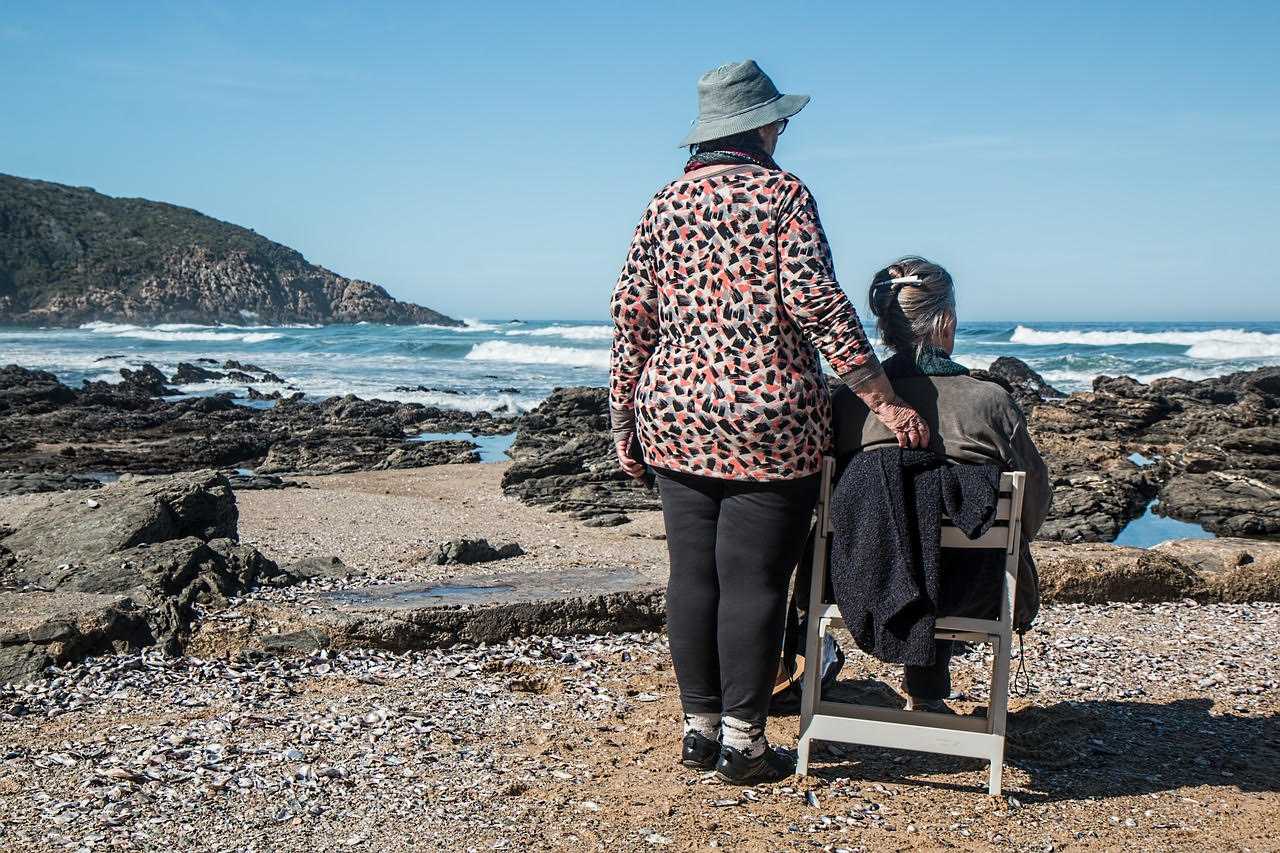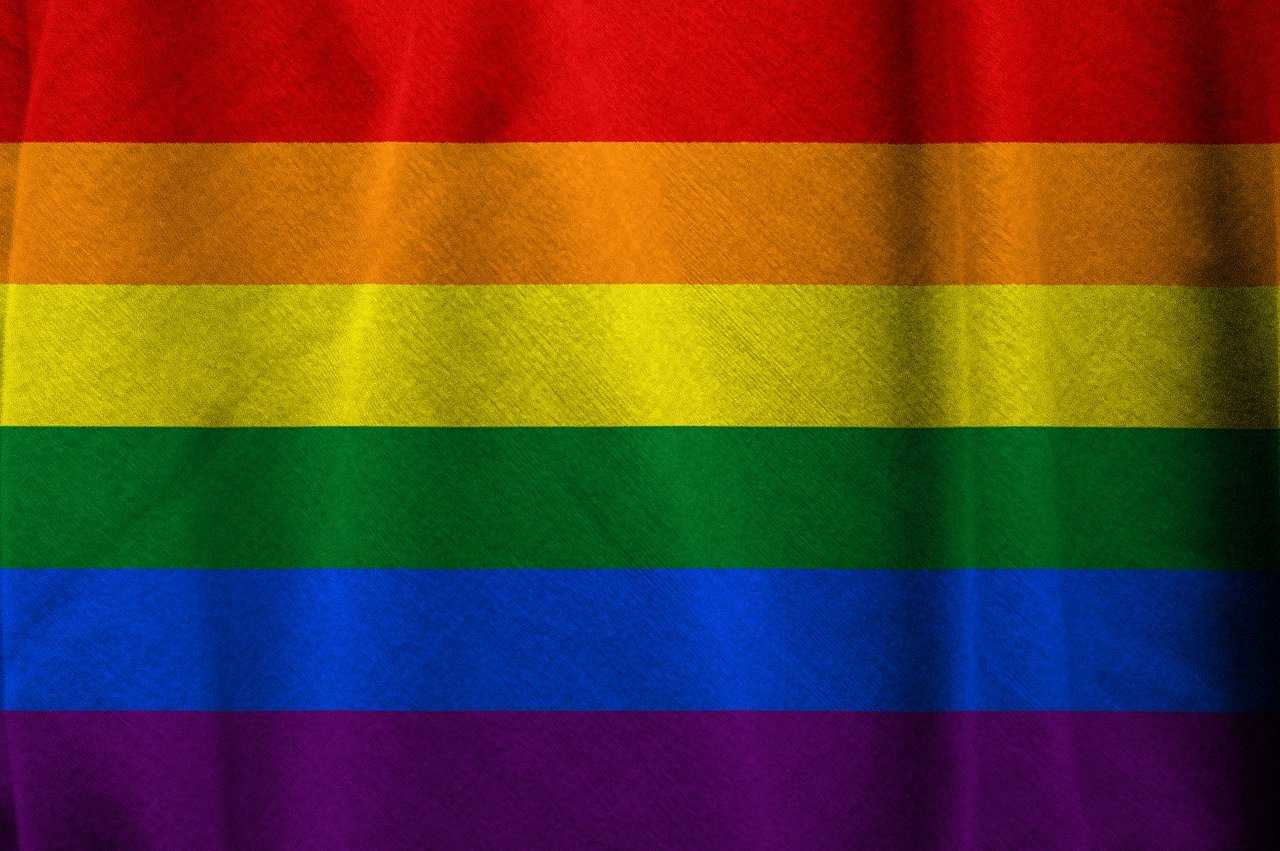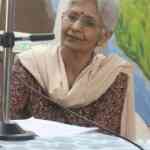India’s vulnerable older women
Are older women in India invisible or empowered? A report by Helpage India on World Elder Abuse Awareness Day looks in.
You've heard this before. India has the world's second-largest population of older people, with almost 140 million individuals aged 60 and above (LASI study, 2021). Despite the inevitable growth of this demographic, India still needs to be equipped to cater to the expanding and changing needs of older adults.
How does gender impact this ageing experience? A new study tried to find out. With older women subjected to various vulnerabilities, old age can be challenging for them. Indian older women can also face exclusion and abuse.
“Women & Ageing: Invisible or Empowered?" a new Helpage India report on World Elder Abuse Awareness Day, highlights the challenges older women face, often neglected and overlooked. The report is based on a survey conducted across 20 states, two union territories, and five metro cities, both rural and urban, with a sample size of 7,911 individuals. It indicates that older women often face challenges such as low literacy rates, financial instability, lack of knowledge about available support and benefits, limited job prospects, and insufficient healthcare coverage. Unfortunately, these factors increase their vulnerability to abuse.
What kind of abuse do older women face?
The report showed that among the older women surveyed, 16% reported experiencing abuse. Physical violence was the most commonly reported form of abuse at 50%, followed by disrespect at 46% and emotional or psychological abuse at 31%. The report also revealed that sons mainly perpetrated abuse at 40%, followed by other relatives at 31%. The troubling finding showed that abuse extended beyond the immediate family circle. Daughters-in-law took the third spot as abusers at 27%. According to a report, most older women surveyed did not report abuse. 18% were afraid of retaliation or further abuse, 16% were unaware of the available resources, and 13% believed their concerns would not be taken seriously. 56% of older women were unaware of redressal mechanisms available for abuse, with only 15% being aware of the Maintenance & Welfare of Parents & Senior Citizens Act, and 78% were not aware of any government welfare schemes. In addition, older women faced challenges related to their social status. 18% reported experiencing gender discrimination, while 64% experienced social discrimination after becoming widows. About 48% of the older women were found to have at least one chronic condition, but 64% of them did not have any health insurance. However, age did not come in the way of 67% of the older women undertaking caregiving roles in their families, proving that certain burdens for women do not go away with age.
Caregiving is often associated with women as they are typically the primary family caregivers due to societal and cultural reasons. This can have negative effects on their health and well-being, causing increased psychological stress. Studies have shown that women spend more time providing care and personal tasks than men, which can impact their ability to work and earn income. This "crisis of caregiving" affects women of all ages and can limit opportunities for paid work, particularly for older women. The Helpage study highlighted that nearly 70% of older women continue to undertake caregiving activities even in their old age. 39% of the women who undertake caregiving reported spending between 1-2 hours on caregiving, while another 34% spend around 2-5 hours on the same. For almost 30% of the women, however, their daily caregiving time exceeded five hours at least, thus showing a significant time investment towards their caregiving roles and responsibilities, despite their old age. The study also showed a lack of digital education. 60% of the older women have never used digital devices. Many older women either lacked access to digital devices or were not adept at using these devices effectively. In a world that's largely online, this can create vulnerability at another level.

Why is a report like this important?
Because it's essential to recognize the role of gender in ageing, as highlighted in the 2030 Agenda for Sustainable Development and Older Persons. While women often live longer than men, they face unique challenges due to unequal access to education, decent work, healthcare, and income. In a patriarchal society, gender norms and limited social security benefits can further widen the gap between genders. It is important to approach these issues with empathy and understanding to address these inequalities, the study said.
What do you think of the study? Have you seen discrimination towards older women around you? Share your thoughts with us below.
Photographs: Unsplash & Pixabay
Comments







Post a comment